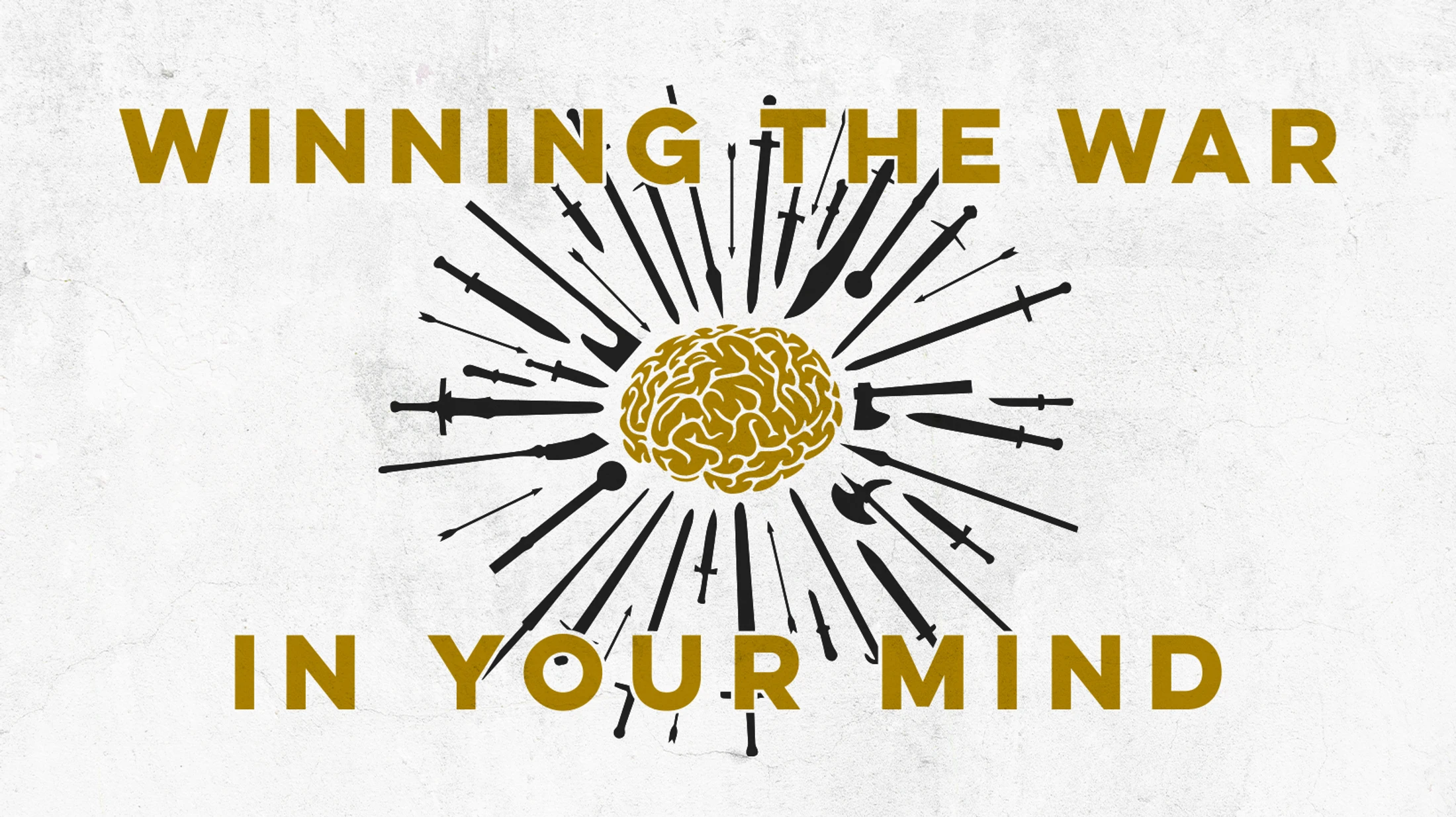Here are some steps that can help you deal with anxiety:

1. Identify Triggers: Recognize what situations, thoughts, or events tend to trigger your anxiety. Keeping a journal can be helpful in tracking these triggers.
2. Deep Breathing: Practice breathing exercises to help calm your body's stress response. Try the 4-7-8 technique: inhale for a count of 4, hold for 7, and exhale for 8. Repeat several times.
3. Progressive Muscle Relaxation: Tense and then release each muscle group in your body, starting from your toes and working your way up to your head. This can help reduce physical tension.
4. Mindfulness and Meditation: Mindfulness techniques can help you stay in the present moment and reduce rumination. Meditation can also promote relaxation.
5. Cognitive Behavioral Therapy (CBT): CBT helps you identify and change negative thought patterns and behaviors that contribute to anxiety. Consider working with a therapist trained in CBT.
6. Exercise: Regular physical activity can reduce anxiety by releasing endorphins, the body's natural mood lifters.
7. Diet and Sleep: Eat a balanced diet, avoid excessive caffeine or alcohol, and prioritize getting enough quality sleep.
8. Limit Stimulants: Reduce or eliminate substances like caffeine and nicotine, as they can exacerbate anxiety.
9. Social Support: Share your feelings with friends or family members you trust. Sometimes, just talking about your worries can make them feel less overwhelming.
10. Set Realistic Goals: Break tasks into smaller, manageable steps and set achievable goals to prevent feeling overwhelmed.
11. Time Management: Organize your time and prioritize tasks to reduce stress related to deadlines and responsibilities.
12. Relaxation Techniques: Explore relaxation techniques like progressive muscle relaxation, guided imagery, or aromatherapy.
13. Limit Exposure to Stressors: If possible, avoid or reduce exposure to sources of stress in your life. This could include adjusting your work or home environment.
14. Seek Professional Help: If anxiety is significantly impacting your life, consider seeking help from a mental health professional, such as a therapist, counselor, or psychiatrist. They can provide specialized guidance and, if necessary, medication.
15. Self-Care: Prioritize self-care activities that bring you joy and relaxation, whether it's reading, taking baths, or engaging in hobbies.
16. Mindful Breathing: Practice mindfulness by paying attention to your breath. When your mind starts to race, bring your focus back to your breath.
17. Limit News Consumption: Excessive exposure to distressing news can increase anxiety. Consider setting boundaries on how much news you consume and when.
18. Avoid Alcohol and Substance Abuse: These substances can temporarily numb anxiety but often worsen it in the long run.
19. Learn to Say No: Don't overcommit yourself. It's okay to say no when you feel overwhelmed.
20. Keep a Support Network: Maintain connections with friends and family who understand your anxiety and can offer support when needed.
Remember that managing anxiety is an ongoing process, and what works for one person may not work for another. It's important to be patient with yourself and seek professional help if your anxiety is severe or interfering with your daily life. Additionally, these steps are not a replacement for medical advice. Always consult with a healthcare professional for personalized guidance.
